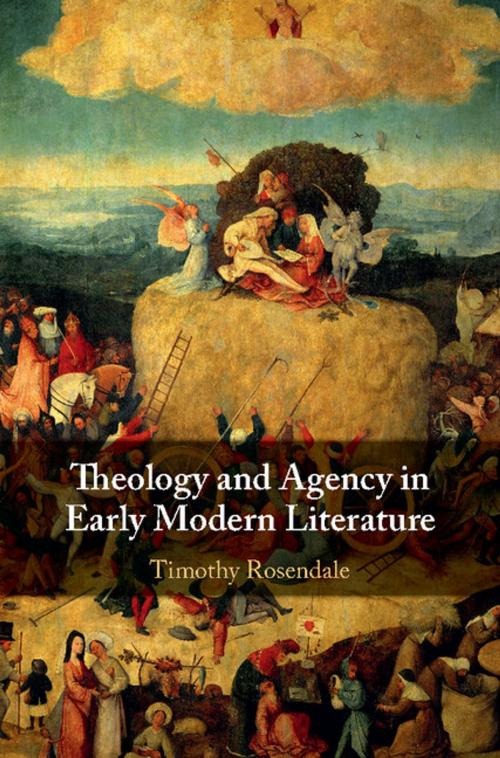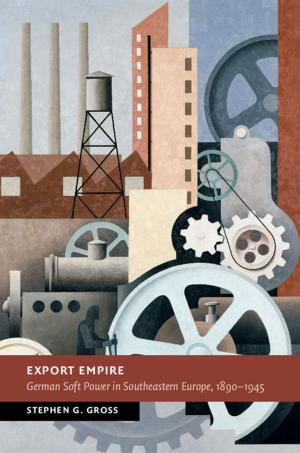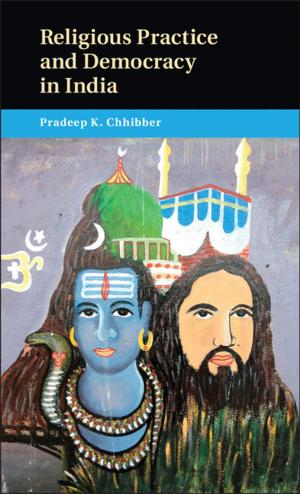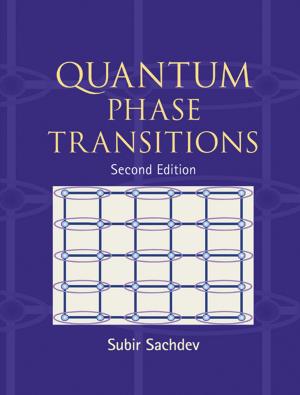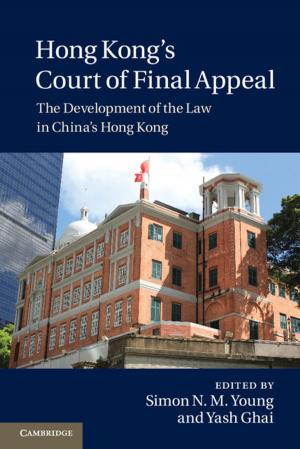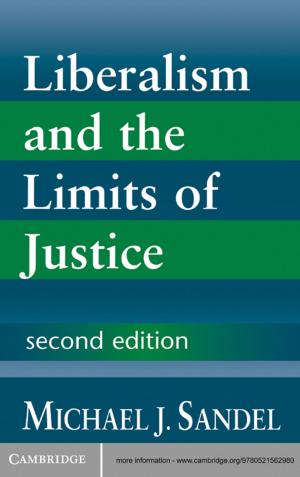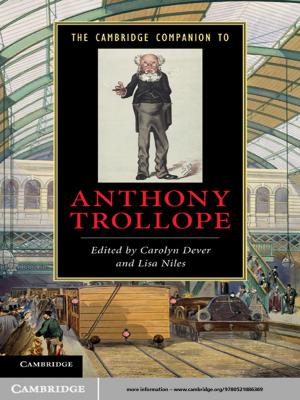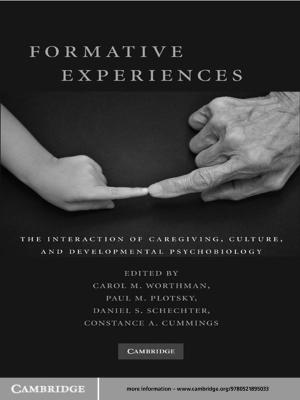Theology and Agency in Early Modern Literature
Fiction & Literature, Literary Theory & Criticism, Drama History & Criticism, British| Author: | Timothy Rosendale | ISBN: | 9781108311366 |
| Publisher: | Cambridge University Press | Publication: | March 31, 2018 |
| Imprint: | Cambridge University Press | Language: | English |
| Author: | Timothy Rosendale |
| ISBN: | 9781108311366 |
| Publisher: | Cambridge University Press |
| Publication: | March 31, 2018 |
| Imprint: | Cambridge University Press |
| Language: | English |
What can I do? To what degree do we control our own desires, actions, and fate - or not? These questions haunt us, and have done so, in various forms, for thousands of years. Timothy Rosendale explores the problem of human will and action relative to the Divine - which Luther himself identified as the central issue of the Reformation - and its manifestations in English literary texts from 1580–1670. After an introduction which outlines the broader issues from Sophocles and the Stoics to twentieth-century philosophy, the opening chapter traces the theological history of the agency problem from the New Testament to the seventeenth century. The following chapters address particular aspects of volition and salvation (will, action, struggle, and blame) in the writings of Marlowe, Kyd, Shakespeare, Ford, Herbert, Donne, and Milton, who tackle these problems with an urgency and depth that resonate with parallel concerns today.
What can I do? To what degree do we control our own desires, actions, and fate - or not? These questions haunt us, and have done so, in various forms, for thousands of years. Timothy Rosendale explores the problem of human will and action relative to the Divine - which Luther himself identified as the central issue of the Reformation - and its manifestations in English literary texts from 1580–1670. After an introduction which outlines the broader issues from Sophocles and the Stoics to twentieth-century philosophy, the opening chapter traces the theological history of the agency problem from the New Testament to the seventeenth century. The following chapters address particular aspects of volition and salvation (will, action, struggle, and blame) in the writings of Marlowe, Kyd, Shakespeare, Ford, Herbert, Donne, and Milton, who tackle these problems with an urgency and depth that resonate with parallel concerns today.
